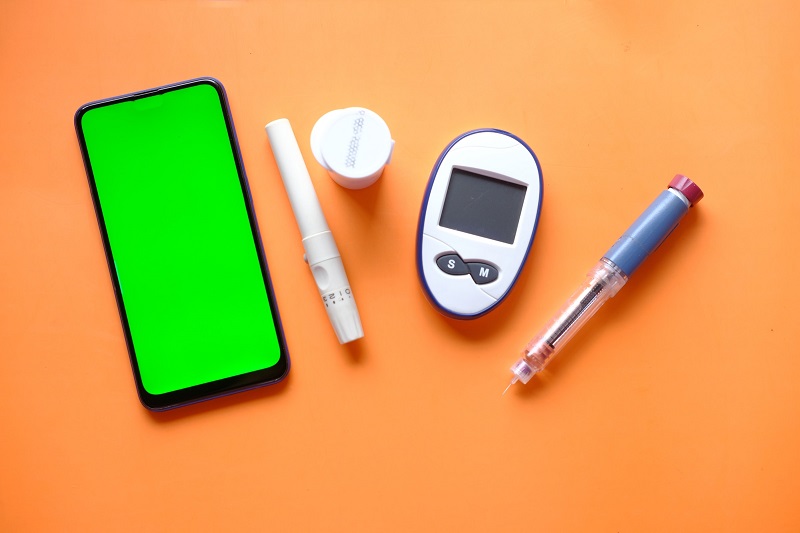
Daily insulin injection vs once-weekly – Which one is more effective?
A once-weekly insulin treatment could be a game changer for people with type 2 diabetes, according to a new study published in JAMA.
Researchers recruited 588 individuals from 11 countries with an average age of 58 years, including from Argentina, China and the US.
They compared the safety and efficacy of ‘icodec’ – a once-weekly insulin – with ‘degludec’ – the standard once-daily injection known to help regulate blood sugar levels.
Finding impressive results, researchers realised icodec brought greater reductions in blood sugar levels than degludec after 26 weeks.
Earlier research had also found the once-weekly treatment is likely to produce similar glucose-lowering effects as daily insulin injections.
High Blood Sugar Putting Organs At Risk
Over 37 million Americans are currently living with diabetes – and between 90 – 95% of these people are known to have type 2 diabetes.
Keep Reading
The condition is associated with increased blood sugar levels as cells no longer respond properly to insulin – a hormone made by the pancreas.
Over time, high blood sugar levels can put several organs at risk. Therefore, treatment is immensely necessary – either by non-insulin glucose-lowering agents or lifestyle modifications.
According to current guidelines, people with type 2 diabetes must use insulin-based drugs to lower blood sugar levels when non-insulin medications fail to work.
Weekly Injections Allow Better Adherence Rates
Do people actually follow instructions diligently? While icodec requires 52 applications in a year, degludec needs at least 365.
It’s no doubt the current daily insulin-based injections can be cumbersome for some patients, leading to poor adherence rates and a higher risk of hospitalisation and death.
But research suggests the weekly alternatives improve adherence – ultimately helping improve health outcomes and quality of life among diabetics.
One study found people taking the weekly drugs follow the treatment regime for an average of 333 days, compared to 269 days for those receiving daily injections.



